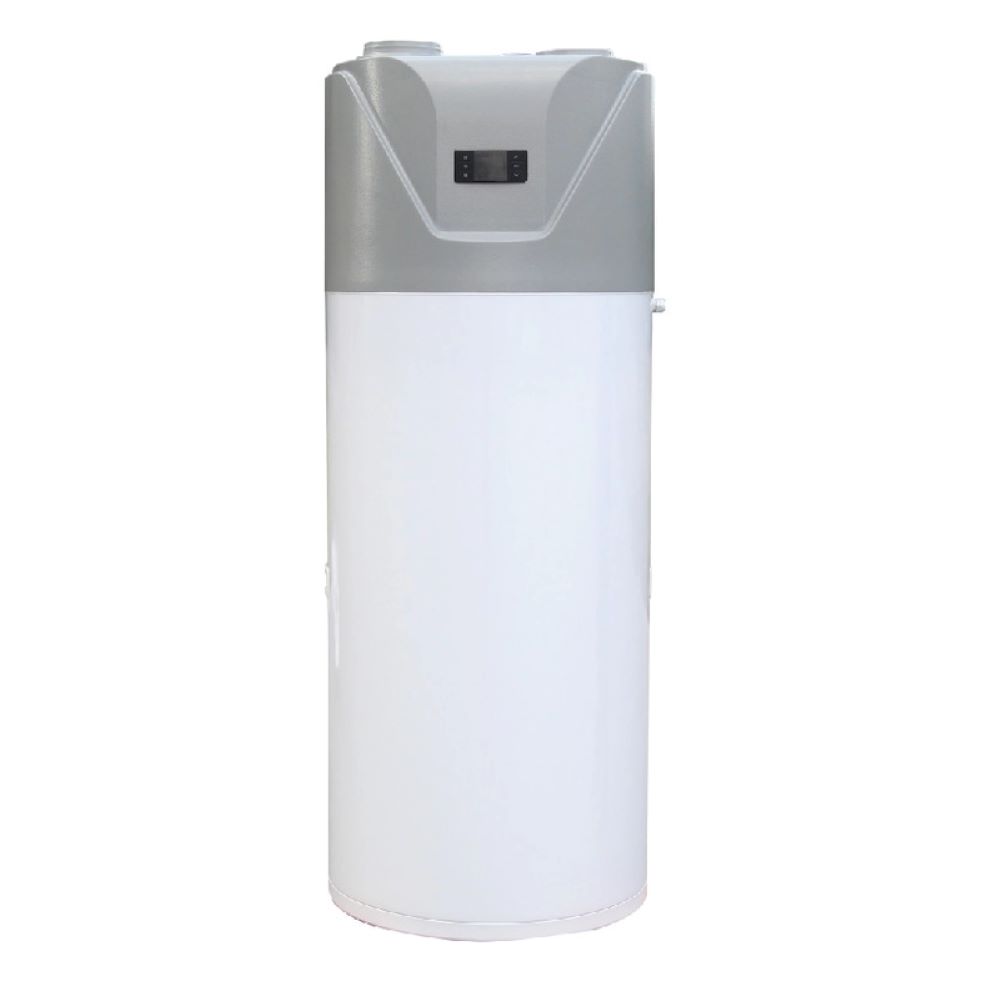
What is a Hot Water Heat Pump?
What is a Hot Water Heat Pump?
A hot water heat pump is a type of water heating system that uses a heat pump to transfer heat from the surrounding air or ground to heat water for domestic or commercial use. Unlike traditional water heaters that generate heat directly, heat pumps move heat from one place to another using a refrigeration cycle.
Here’s how a hot water heat pump typically works:
- Evaporation: The heat pump system uses a refrigerant that evaporates at low temperatures. This refrigerant is circulated through an evaporator coil, which is exposed to the air or ground outside.
- Absorption of Heat: As the refrigerant evaporates, it absorbs heat from the surrounding air or ground. Even in cooler temperatures, there is still heat energy present that can be utilized by the heat pump.
- Compression: The gaseous refrigerant is then compressed, raising its temperature and pressure. This compressed and heated refrigerant is now ready to transfer its heat energy to the water.
- Heat Transfer to Water: The hot refrigerant is passed through a heat exchanger or coil immersed in a tank of water. The heat is transferred from the refrigerant to the water, raising the temperature of the water.
- Condensation: The refrigerant, now in a high-pressure, high-temperature state, undergoes condensation as it releases the heat to the water. It returns to a liquid state and is ready to start the cycle again.
Hot water heat pumps offer several advantages:
- Energy Efficiency: They are more energy-efficient compared to traditional electric water heaters because they move heat rather than generate it. This can result in significant energy savings.
- Environmentally Friendly: Heat pumps produce fewer greenhouse gas emissions compared to some other water heating methods, making them more environmentally friendly.
- Versatility: Heat pumps can work in various climates, extracting heat from the air or ground even in colder temperatures.
- Lower Operating Costs: While the initial cost of a hot water heat pump system may be higher than a traditional water heater, the lower operating costs over time can offset the initial investment.
- Sustainable: Hot water heat pumps are regarded as the most environmentally friendly hot water solution in the market.
- Low maintenance: Heat pumps require minimal maintenance, primarily involving occasional checks and cleanings. This ease of maintenance adds to their appeal for both homeowners and businesses.
It’s important to note that the efficiency of a heat pump can be influenced by factors such as ambient air or ground temperature, humidity, and the specific design of the system. Additionally, proper installation and sizing are crucial to ensure optimal performance. Consult with a qualified HVAC professional to determine if a hot water heat pump is suitable for your specific needs and location.
